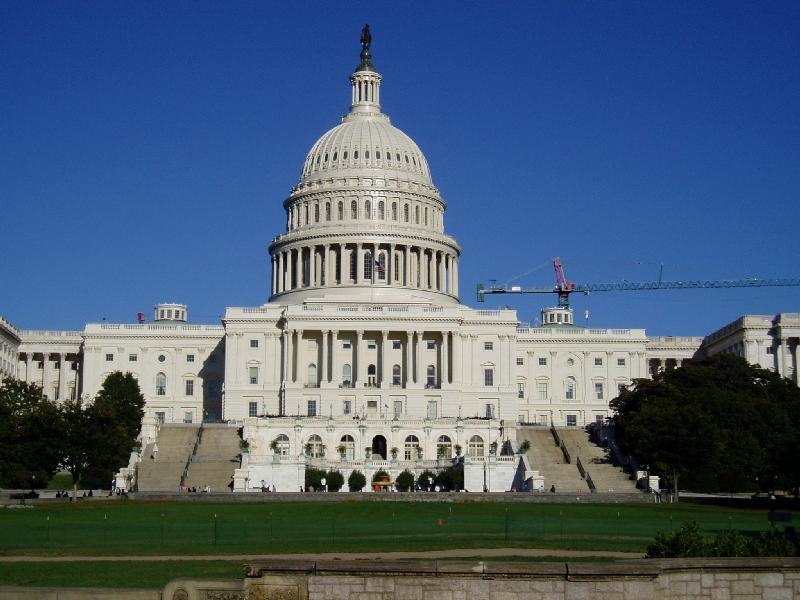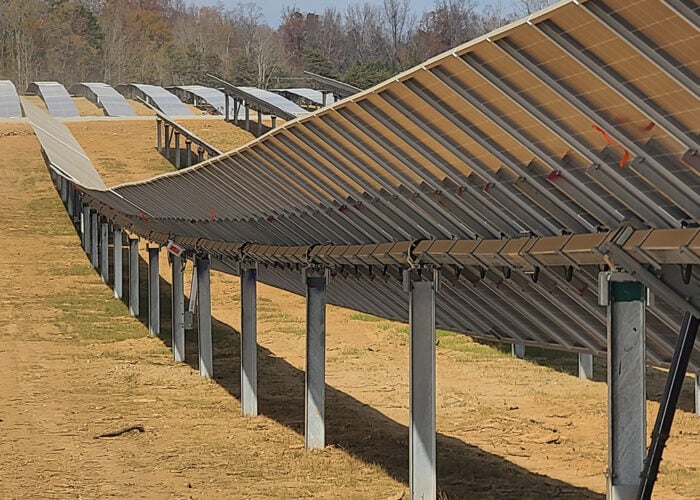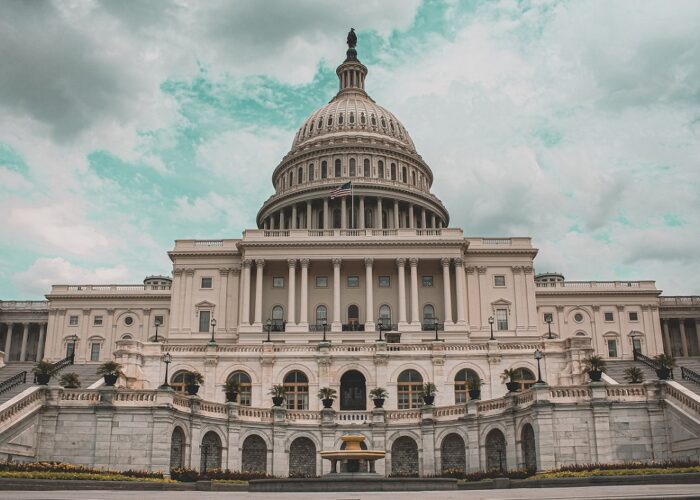
The US Congress' chief tax-writing committee has proposed extending the 30% federal solar investment tax credit (ITC) for five years until 1 January 2027, as part of a larger tax reform package for clean energy technologies.
The Growing Renewable Energy and Efficiency Now (GREEN) Act was unveiled by the House Ways and Means Committee this week in a draft discussion paper that also backs an ITC for standalone energy storage.
Unlock unlimited access for 12 whole months of distinctive global analysis
Photovoltaics International is now included.
- Regular insight and analysis of the industry’s biggest developments
- In-depth interviews with the industry’s leading figures
- Unlimited digital access to the PV Tech Power journal catalogue
- Unlimited digital access to the Photovoltaics International journal catalogue
- Access to more than 1,000 technical papers
- Discounts on Solar Media’s portfolio of events, in-person and virtual
Under current legislation, the tax credit for commercial and residential solar installers will start to sunset to 26% on January 1 2020 and to 22% in 2021. In 2022, it will expire for the residential market and drop to 10% for utility- and commercial-scale projects.
Energy storage projects are currently eligible to receive the solar ITC but only if installed simultaneously and co-located with solar power generation.
In a press release, the Democratic chairman of the House Ways and Means Committee, Mike Thompson, said the bill “will build on existing tax incentives that promote renewable energy and increase efficiency and create new models for technology and activity to reduce our carbon footprint.”
The bill is Representative Thompson's second whack at extending the tax credit. In July, he was one of four politicians that backed a bipartisan renewable energy ITC extension bill.
Over the summer, more than 1,000 US solar firms and a group of senators that counted Democratic presidential candidates wrote separate letters to lawmakers promoting the solar ITC.
SEIA: Solar ITC a priority in any "end-of-year" deal
The new bill, unveiled on Tuesday, counts the Solar Energy Industries Association and the Energy Storage Association among its supporters.
Abigail Ross Hopper, president and CEO of the SEIA, said in a prepared statement the industry group would be fighting to ensure that the solar credit was implemented in any finished legislation.
“While the discussion draft is an important step forward, now is not the time to stop pushing. We still need to make sure solar remains part of any end-of-year deal,” she said.
In July, the SEIA told PV Tech that solar energy’s share of electricity generation in the US would drop from 16% to 12% by 2030 if the ITC was not extended.
If the GREEN bill’s solar ITC clause goes ahead, it will be the fourth time the tax credit has been extended. The 2005 policy was rebooted in 2006 and 2008. In 2015, Congress extended it again on the condition that it would taper.
In the meantime, solar players like 7x Energy and Sunpower have been stockpiling panels and inverters in order to qualify – or ‘safe harbour’ – projects for the full 30% break.
The US federal tax authority, Internal Revenue Service, deems a project’s construction to have officially “begun” when five percent of its total cost has been spent. Purchasing inverters and panels is one of the simplest ways project backers can meet that benchmark and qualify their project for the existing ITC rate.






